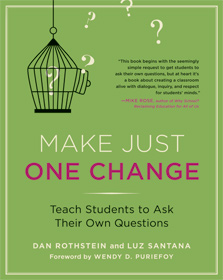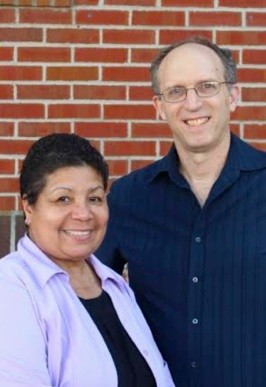This is another posting from our volunteer guest blogger, Nathalie Alegre. For more information about Nathalie, see the intro to her piece about Earldine Tolbert and RQI’s voter engagement initiative.
Dominique is a young woman new to Philadelphia and intent on obtaining her GED, the high school equivalency certification. “Getting the GED,” as it is referred to, is a common path for adult learners (ranging from 17 years old to any age) who had never finished high school. Dominique was a student in Earldine Tolbert’s class and she put to use the RQI skills that Earldine taught to the entire class.
Dominique’s landlady wanted to sell the property Dominique was renting to a buyer that didn’t want to have a tenant. Without much introduction, the landlady knocked on Dominique’s door one evening and asked her to sign a paper. Unbeknownst to Dominique, the paper was an agreement that she would have to move out of her apartment within 30 days. Thankfully for Dominique, she had just participated in a short educational workshop at the adult literacy program she attends. At the workshop, Dominique had learned that she had the right to ask questions and more importantly, she had learned how to ask good questions about the decisions that affect her life. Dominique politely asked her landlady to leave the paper with her so that she could look it over before she decided if she was going to sign it. Dominique plowed through the language and realized that she would need help in deciphering the paper. Thinking about the RQI process, Dominique started coming up with her own questions. Then, she began calling the few people she knew in Philadelphia to try to get some answers. One of her friends gave the number of a lawyer that worked for a renter’s assistance program. Dominique followed up and found out that her landlady didn’t actually have a renter’s license and therefore couldn’t take a legal route to evict her. The new owner would have to honor Dominique’s leasing agreement until the following year.
For Dominique, growing comfortable with asking questions that have a huge impact on her life has been an ongoing process. A shy young woman, Dominique was even wary of sitting with strangers during her adult literacy class. Learning and practicing RQI’s process for question formulation has empowered her to come out of her shell as she adapts to a new city and encounters new challenges.
There is a huge untapped potential in people that experience change like Dominique experienced for becoming invested in the political process. It starts when citizens in low-income communities start focusing on key decisions that deeply affect their lives and start asking good questions about those decisions–just like Dominique focused on her landlady’s insistence that she sign the paper and started asking about her rights as a tenant. As they do this, people like Dominique discover previously unnoticed connections between their own lives and the decisions that “someone else, somewhere else” (housing authorities, elected officials) has made for them. They discover the value of voting and feel confident about their ability and their skills to do so.
Just as importantly, thanks to what they learned through RQI, they know they should be asking questions, they know how to produce questions, how to improve them and they strategize on how to use them.



